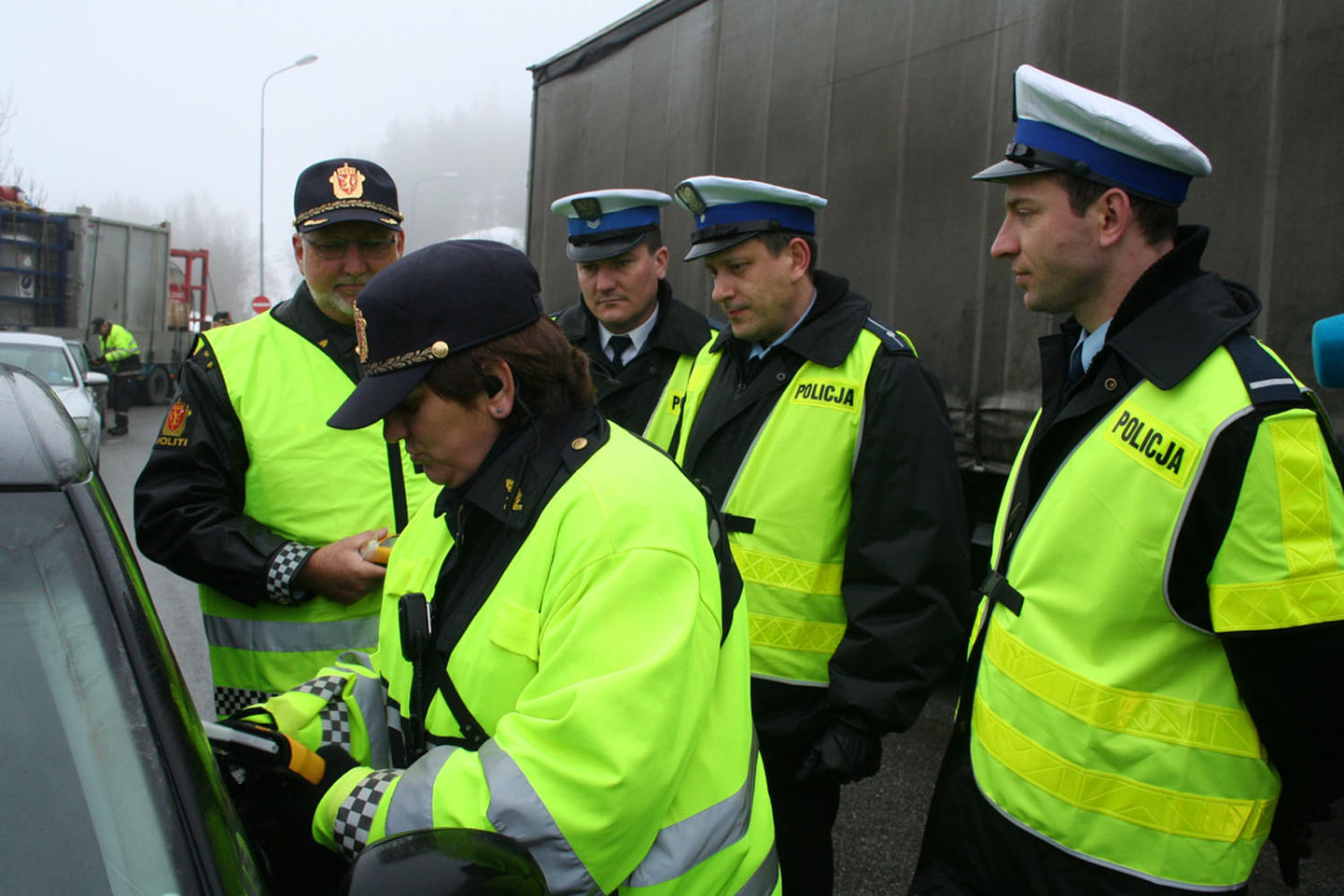In today's Europe, national police services are facing new challenges in preventing and combating organised crime. Whilst crime prevention begins at the local level, the passport-free travel in the Schengen area demands international police cooperation.
Under the Norway Grants, several cooperation projects are carried out between the Norwegian National Police Service and its counterparts in the beneficiary states to ensure that the new Schengen members have the necessary equipment and knowledge to implement the Schengen aquis.
"Every Schengen state guards its external borders not only on behalf of itself, but also on behalf of the other Schengen states. Ensuring that the national police services in the Schengen area have access to state of the art equipment and are highly trained is not only in Norway's but in all of the Schengen states' interest," said Assistant Chief of Police Eva Lynghjem of the Norwegian National Police Directorate.
In the week 14-25 September, a group of instructors from the Klaipeda Police School in Lithuania visited Norway as part of the "Themis: international cooperation against criminality in Europe" project. During their stay in Norway, the Lithuanian instructors took part in an extensive training programme on organised and cross-border crime.
Lynghjem stressed the importance of these meetings for expanding and strengthening the contact networks of the Norwegian police. Direct contact and personal relations are excellent supplements to the treaties, conventions and agreements facilitating international police cooperation. "Once informal contacts have been established, foreign colleagues are only a phone call away," Lynghjem said.
Later this year, Czech police officers will visit their Norwegian colleagues to undertake staff training courses in new hardware and software provided through the Norway Grants project "Improving the fight against criminal structures". The new equipment meets European standards and considerably boosts the Czech police’s operational capabilities in fighting cross-border crime. Representatives from the Romanian police will also visit Norway this autumn, as a part of the EEA Grants project "Strengthening the capacity of the Romanian law enforcement agencies to prevent and investigate internet child pornography cases".
The Norway Grants also fund the creation of 7 new forensic expert teams in the Polish police through a project carried out in co-operation with the Norwegian National Police Directorate. Polish experts will come to Norway to undertake training in securing digital data and evidence at the High tech crime department of the National Criminal Police Investigation Service.
Photo credit: Norwegian National Police Service
